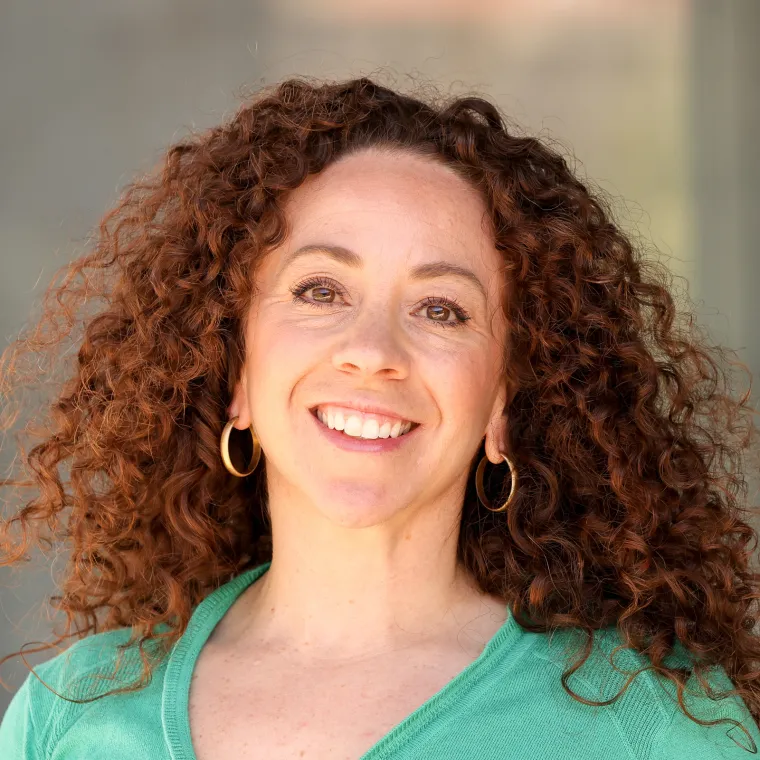Mónica Ramírez-Andreotta

WONDER HOUSE @ SXSW 2022 Talk:
Community-based Science for Justice and Action
Sunday, March 13 at 4 p.m.
Rooftop Stage
MONICA'S TALK:
Defined broadly, participatory approaches to research can challenge and change inequity and mistrust in science, particularly when the effort reflects the diversity of publics and does not reinforce existing inequities in science, environmental decision-making, and society. These efforts are transforming investigations, for example, through the development of new monitoring tools, co-production of data, and sharing of results. Elements of participatory research for environmental health that effectively prompt structural change in environmental justice communities include: 1) having community members hold leadership roles, 2) designing the project with decision-makers and policy goals, and 3) sustaining partnerships and funding. Tactics for successfully sharing results to open the policy window include: 1) building transdisciplinary teams and datasets, 2) community-first reporting, 3) data standardization and interoperability among existing community generated and governmental datasets, and 4) ensuring data report-back products serve as boundary objects for use in multiple social spheres. Together, these efforts can inform how to sustain successful public-scientist partnerships and maintain a transdisciplinary approach, build capacity to then endure the unique set of challenges justice projects face when they strive for structural change, and help determine if and how community-level resiliencies may combat environmental health vulnerabilities. It is anticipated that these methods can help to address environmental health disparities, while ensuring datasets are ethically shared and integrated
ABOUT MONICA:
Mónica Ramírez-Andreotta, M.P.A., Ph.D. is an Associate Professor of Environmental Science, with joint appointments in the College of Public Health and the Global Change-Graduate Interdisciplinary Program at the University of Arizona. Using an environmental justice framework and participatory research methods, she investigates exposure pathways and communication strategies to visualize and translate environmental health research to action and achieve structural change.

